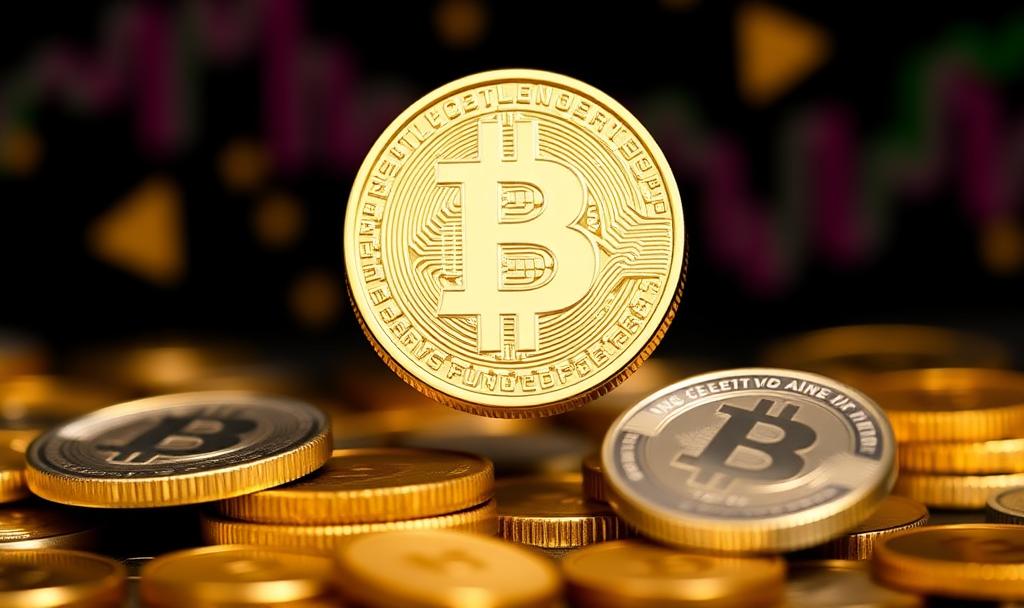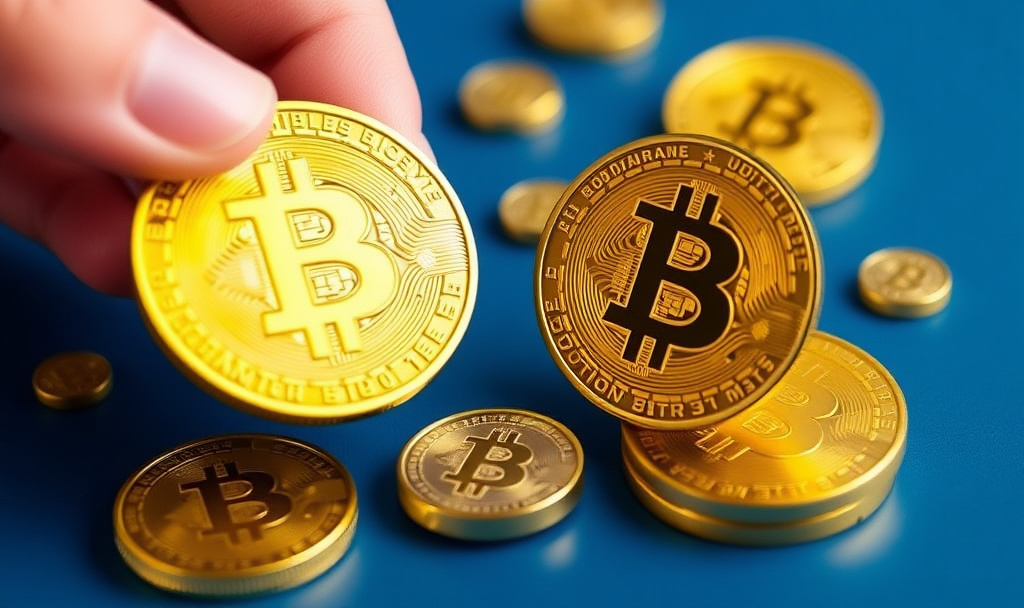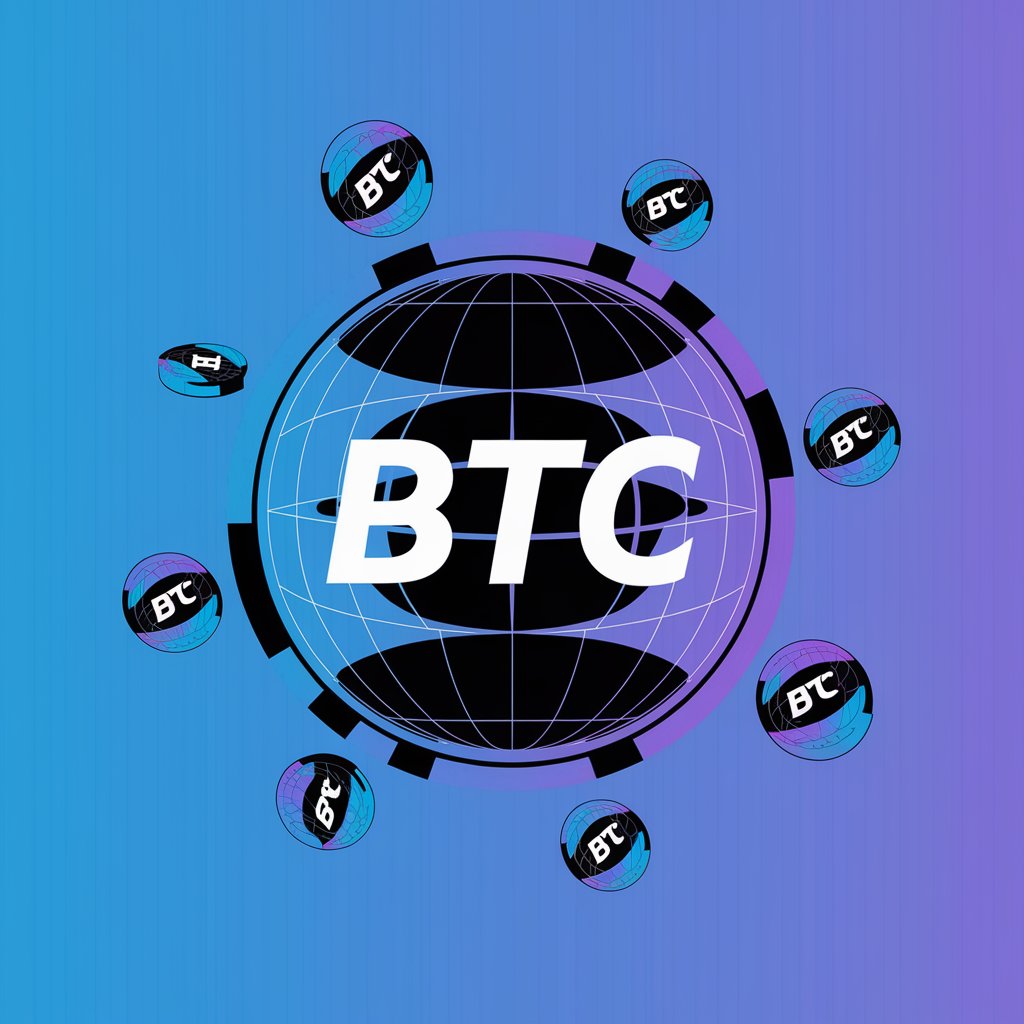In this guide, I’ll walk you through how African NGOs can start accepting Bitcoin, Ethereum, and stablecoin donations step by step.
Imagine this: a donor sitting in Canada wants to support your African NGO’s school project in Ghana. But international bank transfers are expensive, slow, and full of red tape.
Now imagine they can send you Bitcoin or a stablecoin like USDC — instantly, across borders, with little to no fees.
That’s the power of crypto giving.
At the end, I’ll share how to keep learning by subscribing to Your Crypto Digest Newsletter, your go-to source for crypto trends for nonprofits.
Why Should African NGOs Accept Crypto Donations?
1. Reach Global Donors Instantly
Traditional bank wires can take days (or weeks) and cost donors up to 10% in fees.
Crypto donations, on the other hand, move in minutes — 24/7, 365 days a year.
Anyone with a phone and a crypto wallet can give to your NGO — whether they’re in New York, Nairobi, or New Delhi.
Example:
Save the Children was one of the first global charities to accept Bitcoin in 2013. Since then, they’ve received millions in crypto support — all from donors around the world.
2. Attract a Younger, Tech-Savvy Donor Base
Crypto holders tend to be younger, digital-native, and generous. They love supporting causes that look to the future.
By accepting Bitcoin or stablecoins, your NGO shows you’re innovative and forward-thinking.
3. Transparency That Builds Trust
Every crypto transaction is recorded publicly on the blockchain.
That means donors can see when their gift arrives — and you can prove you received it.
This transparency helps build credibility with tech-minded supporters who value openness.
4. Stablecoins = Less Risk
While Bitcoin and Ethereum prices can rise and fall fast, stablecoins like USDC and USDT are pegged to the US dollar.
This makes them safer for NGOs that need stable, predictable funding.
Step-by-Step: How African NGOs Can Accept Bitcoin, Ethereum & Stablecoin Donations
Step 1: Understand Local Laws
Before doing anything, check your country’s rules about cryptocurrency.
In many African nations (like Kenya, Ghana, and South Africa), crypto is legal but lightly regulated.
In others (like Nigeria), banks may face restrictions — but NGOs can still accept crypto through international partners.
If you’re unsure, speak to your accountant or legal adviser. It’s better to start safe.
Step 2: Decide How You’ll Receive Crypto
There are three main methods:
Option 1: Direct Wallet (DIY Method)
You can open your own crypto wallet using apps like Trust Wallet, Coinbase Wallet, or Metamask.
Then share your wallet address or QR code on your donation page.
✅ Pros: Free, simple, full control.
⚠️ Cons: You manage everything — including security, volatility, and conversions.
Option 2: Partner with a Crypto Donation Processor
Use a third-party platform that handles crypto donations for you.
Top global options include:
- The Giving Block (used by many international NGOs)
- Every.org (great for nonprofits; they convert crypto to fiat automatically)
- BitPay (works with multiple coins and stablecoins)
These partners handle wallet setup, conversion, and receipts. They’ll send you the equivalent in local currency or USD.
✅ Pros: Easy, safe, automatic conversion to cash.
⚠️ Cons: They may take a small processing fee.
Option 3: Hybrid Approach
Combine both: hold your own stablecoin wallet and use a processor for major coins.
This gives flexibility while keeping you compliant.
Step 3: Create a “Donate Crypto” Page
On your website or social media, create a simple section like this:
💰 Donate Crypto. Empower Change.
We now accept Bitcoin (BTC), Ethereum (ETH), and USD Coin (USDC).
Send directly to our secure wallet or scan the QR code below.
All donations are converted to local currency and used for [your mission — e.g., school meals, health clinics, etc.].
Add:
- Wallet addresses for each coin (or your donation-partner link)
- QR codes for easy mobile giving
- Conversion policy: “We convert all crypto donations to fiat within 24 hours.”
- Contact form for donors who want a receipt
💡 Tip: Use Canva to create a clean, simple QR code image for each wallet.
Step 4: Convert Crypto to Local Currency
If your NGO prefers not to hold crypto, convert it quickly into your national currency.
Options include:
- Local exchanges (like Yellow Card, Binance Africa, or VALR)
- Global processors (like Every.org or BitPay) that pay you directly in USD or EUR
- Stablecoin conversion — swap Bitcoin or Ethereum for USDC, then withdraw
Example:
Hope Africa Foundation in Lagos accepts USDC via Every.org. The platform converts it automatically and sends Naira equivalent to the NGO’s local bank account. Easy, transparent, fast.
Step 5: Update Your Policies & Accounting
Crypto donations are still donations — but they need proper documentation.
Include crypto in your NGO’s Gift Acceptance Policy, stating:
“We accept cryptocurrency donations including Bitcoin, Ethereum, and stablecoins. All gifts are recorded at fair market value on the day received and converted to local currency within 48 hours.”
Record:
- Date of donation
- Coin received
- Value at receipt
- Conversion details
- Donor name (if provided)
💡 Tip: Use free accounting tools like Notion or Google Sheets to track crypto donations clearly for auditors.
Step 6: Announce Your New Giving Option
Tell the world you accept crypto!
- Add it to your website footer and social media bio.
- Post graphics: “We now accept Bitcoin & stablecoins — give in seconds!”
- Share stories: “Your crypto can help us build 10 new classrooms.”
- Include your crypto option in newsletters and donor thank-you emails.
The more visibility, the more donations you’ll attract.
Practical Example: How a Kenyan NGO Did It
Let’s meet Bright Futures Kenya (fictional example but based on real NGOs).
They wanted to receive small international donations without high PayPal or SWIFT fees.
So they partnered with Every.org to accept BTC, ETH, and USDC.
They then:
- Added a “Donate Crypto” button on their site.
- Used Every.org to instantly convert crypto to USD.
- Received the funds in their local bank via wire.
- Thanked the donor publicly (with permission).
In six months, they raised $12,000 in crypto donations from just 25 supporters abroad — money that would’ve been hard to receive through banks.
That’s the power of Web3 giving.
Risks and How to Stay Safe on How African NGOs Can Accept Bitcoin, Ethereum & Stablecoin Donations
| Risk | Solution |
|---|---|
| Price volatility | Convert donations to fiat or stablecoins quickly. |
| Wallet hacks or loss | Use trusted platforms or cold wallets. Never share private keys. |
| Regulatory uncertainty | Stay informed about your country’s crypto laws. |
| Donor fraud | Use KYC-enabled processors for large donations. |
| Lack of knowledge | Train your finance team or attend online crypto workshops. |
Always remember: transparency and security first. That’s how you protect your NGO and your donors.
Frequently Asked Questions on How African NGOs Can Accept Bitcoin, Ethereum & Stablecoin Donations
Q: Can we accept anonymous crypto donations?
Yes — but to issue a receipt, you’ll need the donor’s email or wallet ID.
Q: What coins are safest for NGOs?
Stablecoins (like USDC, USDT, DAI) are best because they hold steady value.
Q: Do donors get tax benefits?
It depends on your country. Some nations treat crypto gifts like stock donations, others don’t yet have clear rules.
Q: How do we protect against scams?
Only publish verified wallet addresses and educate donors to confirm via your official site or newsletter.
Final Thoughts on How African NGOs Can Accept Bitcoin, Ethereum & Stablecoin Donations
Crypto isn’t the future — it’s the present.
Thousands of NGOs worldwide already accept Bitcoin, Ethereum, and stablecoins.
For African NGOs, this means breaking barriers, lowering costs, and opening the door to global generosity.
You don’t need to be a tech genius.
You just need curiosity, courage, and the right partners.
Start small — maybe accept stablecoins first — and grow from there.
In 2025, the NGOs that embrace innovation will be the ones that attract international funding the fastest.
Stay Ahead: Subscribe to Your Crypto Digest Newsletter
If you found this guide helpful, don’t stop here.
Every week, Your Crypto Digest Newsletter breaks down:
- New ways nonprofits can use crypto safely
- Funding trends and global case studies
- Free tools to track and manage donations
- Step-by-step tutorials made simple
👉 Subscribe now at YourCryptoDigest.com/subscribe to stay updated and make crypto work for your mission.
Because the future of giving is digital — and it’s waiting for you.
Disclaimer: This article is for educational purposes only. Always follow your country’s crypto regulations and seek legal or financial advice when necessary.




